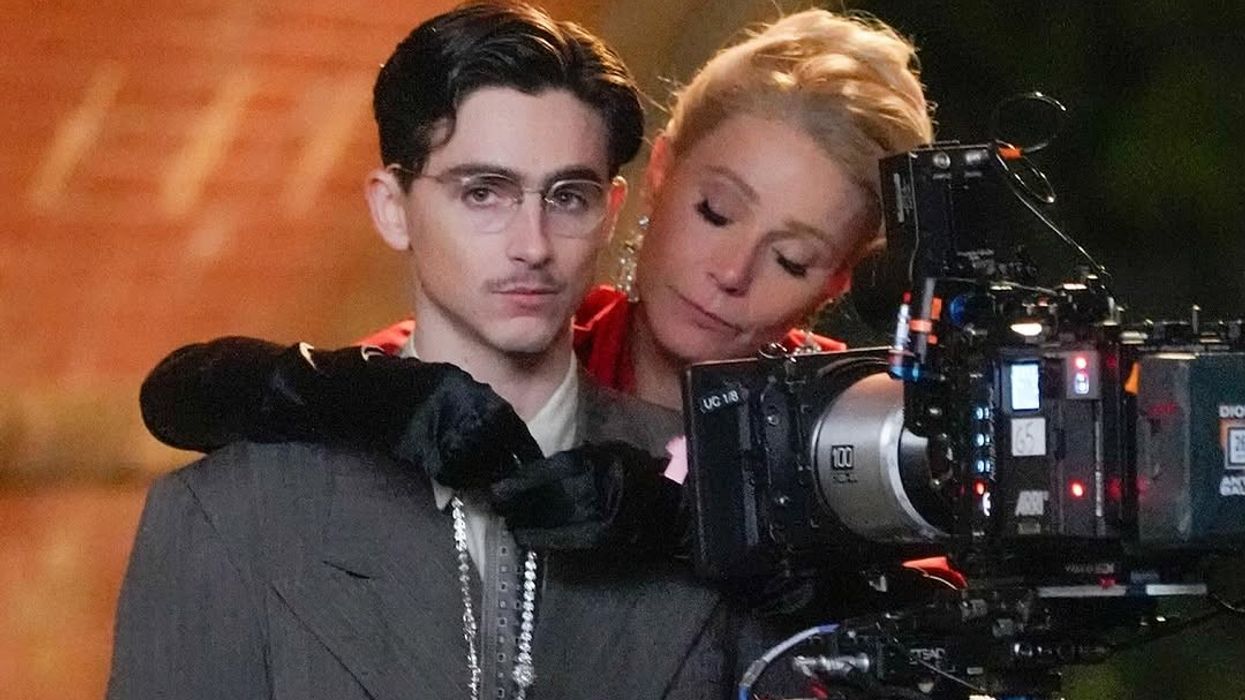Gwyneth Paltrow is returning to the big screen after years away, and she’s making headlines for more than just her comeback. In her latest film, "Marty Supreme," the actress shares the screen with Timothée Chalamet in a sports comedy that promises plenty of drama and a lot of intimacy.
Speaking to Vanity Fair, Paltrow revealed that the film features a significant number of sex scenes between her and Chalamet. The two actors play characters caught in a complicated relationship, with Paltrow’s role being that of a woman married to a member of the so-called "Ping-Pong mafia." Her character's life takes a turn when she meets Chalamet’s, leading to a passionate yet a transactional dynamic.
Gwyneth Paltrow & Timothée Chalamet heat up the screen in Marty Supreme—and she says they had “a lot of sex” on setroar-assets-auto.rbl.ms
While filming these scenes, Paltrow encountered an industry change she wasn’t expecting: the presence of an intimacy coordinator. These professionals have become a standard part of film productions to ensure actors feel comfortable during intimate scenes. However, Paltrow admitted she wasn’t entirely on board with the process, saying that she and Chalamet requested the coordinator to step back.
“I come from a time when you just got in bed and the camera rolled,” Paltrow explained. She acknowledged that times have changed, but she felt that too much guidance on set might have interfered with the natural flow of their performances. While some actors have embraced the role of intimacy coordinators, others, like Paltrow, have expressed concerns about over-instruction stifling their artistic instincts.

Beyond the steamy scenes, "Marty Supreme" is in fact an important shift in Paltrow’s career. Known in recent years more for her wellness brand than for acting, she’s stepping back into a major role for the first time in nearly a decade. Director Josh Safdie praised her on-screen presence, noting that her time away from Hollywood has added depth to her performance.

The film is set for release on December 25, making it a potential awards contender. Alongside Paltrow and Chalamet, the cast includes Fran Drescher, Tyler, the Creator, and Abel Ferrara. Given the buzz already surrounding its production, "Marty Supreme" is hoping up to be one of the most talked-about films of the year.





